


The project aims to scale achievements of the Dissemination of Interspecific ICARDA Varieties and Elites through Participatory Research project, which was run under the Crop Wild Relatives (CWR) project, to improve the food security, resilience and livelihoods of wheat and barley farmers. Activities will include: evaluating and delivering CWR-derived lines of durum wheat and barley developed by DIIVA-PR in Morocco, Tunisia, Lebanon, Ethiopia, Senegal, Nigeria and Sudan; assessing field landraces of barley and durum wheat for various traits of interest in these countries; and incorporating the best germplasm identified into crosses and assessing them for performance and farmer preferences through participatory actions.
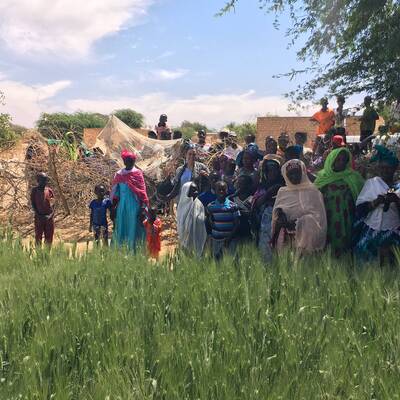
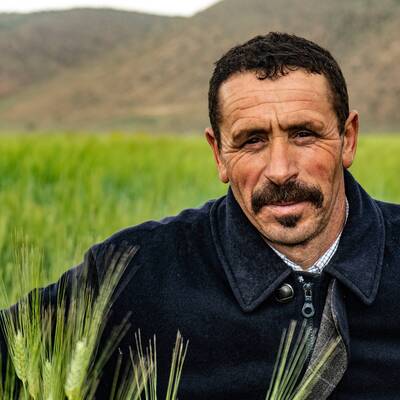
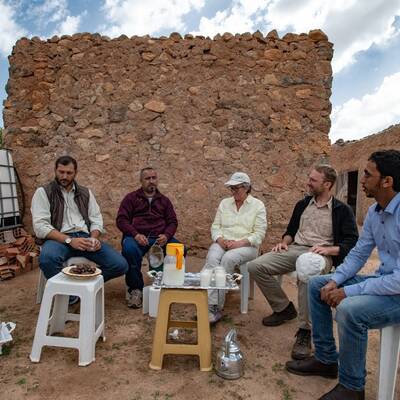
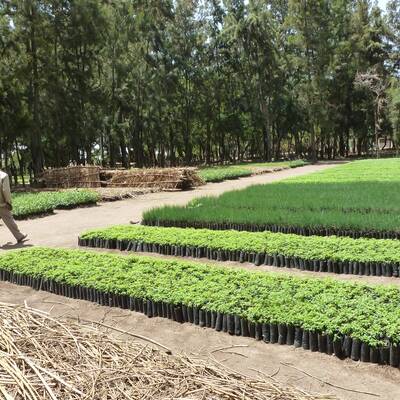
The project plans to integrate CWR project-derived lines in breeding pipelines; collect and characterize germplasm of partner genebanks for target traits; develop and distribute pre-breeding lines from partner genebanks; conduct participatory evaluation of new diversity on-farm; improve the capacity of partners to conduct field evaluation; produce a scientific article describing the performances of CWR- and landrace-derived elites; and make all data freely available online.
Through the dissemination of improved wheat and barley varieties able to withstand harsh conditions, farmers will be more resilient to climate change which will improve their food security and economic wellbeing.
UPDATES
The major accomplishment of the project was the official release of six promising drought-tolerant varieties of durum wheat and barley.In 2022, novel germplasm of durum wheat and barley obtained from wide crosses with crop wild relatives was compared against the best elites and commercial checks. Multi-location testing revealed significant yield advantages over the best checks. Further, almost all the CWR-derived entries showed high resistance to yellow rust, 60% were root rot resistant, and six were completely immune to the hessian fly with 11 others demonstrating a level of resistance.
The CWR entries also had higher quality characteristics and superiority for protein content, gluten strength, yellow pigment, and increased the grain size by up 10% compared to the commercial check, Karim. There were also positive yield outcomes – particularly in the case of barley entries, when compared with the best check, Ksaiba.
The outstanding CWR-derived entries of both crops were selected and planted for trials at six sites in Morocco. Furthermore, a set of 48 landraces of each crop were selected for multiplication and the top performers will be shared with partners for further evaluation. The 2021-22 international nurseries were provided to 47 partners across 23 countries and included 87 CWR-derived entries.
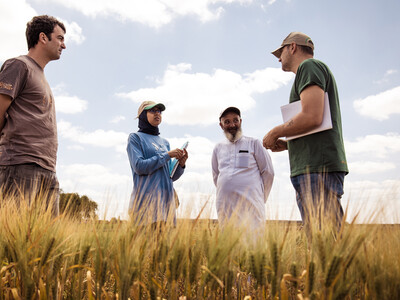


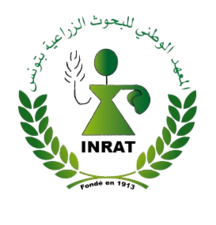
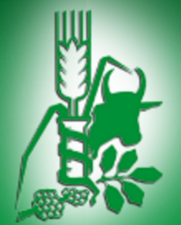



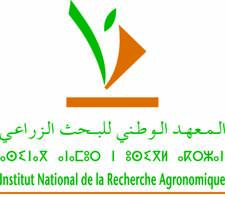
© 2026 International Center for Agricultural Research in the Dry Areas (ICARDA)